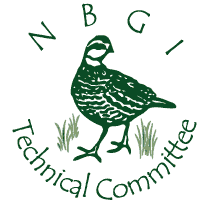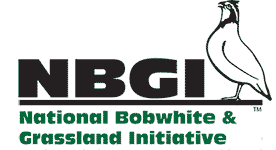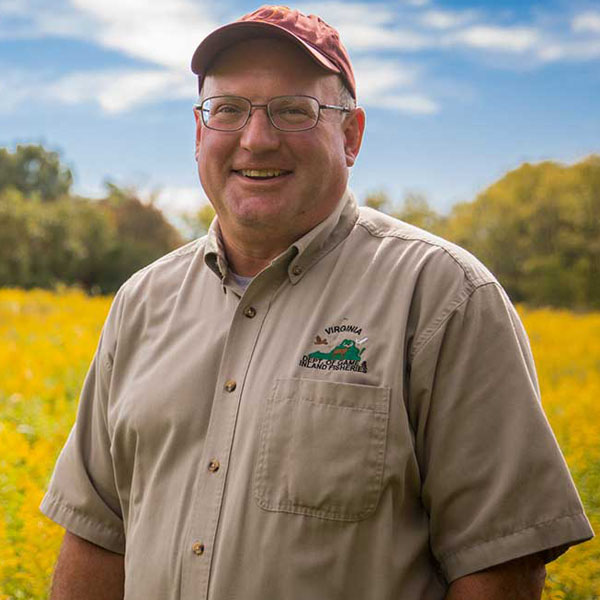The following message I borrowed from scripture. I have condensed it. I don’t want you thinking this is original … or that I am plagiarizing. I’m omitting many details so as not to blur the lines between Church and State.
Basically, there is a parable that compares humans to different types of soil, or ground. Upon that ground, seeds are cast at random. Some fall on poor ground and never sprout. Some fall on shallow soils and start off with great enthusiasm, but eventually fail. Others are overtaken by weeds (though we know weeds are good for quail). And some fall on fertile soil, and grow and produce 60-fold the seed sown.
We need to sow seeds with enthusiasm and faith, whether that faith be spiritual in nature, or simply the faith that good things happen and hard work pays off. The basic message is: “Success is less about outcomes, than about the enthusiasm with which we work” (The Upper Room, December, 2010).
I think back over the hundreds, if not thousands, of landowners I have worked with in the last 20 years and I can see all types of “ground” in them. Some I wasted my breath on, but I could not known beforehand. So in good faith I continued my work. And, had I known beforehand, I would have continued anyway, so as not to judge … but also in hopes that something I said might sink in and strike a chord.
I have become discouraged many times in this profession. I have often asked myself, is anyone listening? Does anyone care? But every now and then the phone rings, and a landowner I may have visited five, maybe 10 years ago, and one I have not heard from since, is calling to say, “I know it has been a long time since we talked, but I wanted you to know I followed your recommendations and it took awhile, but I have 4 coveys of quail now.”
Here is a quote that I received in an e-mail today from someone who had attended a quail class taught years ago:
“I had been fascinated with the idea of the quail since I attended a wildlife course as part of the hunter’s education instructor classes at Holiday Lake. It has been many years ago and I cannot remember the gentleman’s name who talked about the quail in VA. Nevertheless, he was a very enthusiastic and jolly person – very passionate about the quail. His enthusiasm for them was contagious.”
I don’t know if I taught this class or not. I did teach courses there and have been here for 16 years now. Regardless, whoever it was teaching that class – they had an impact whether they knew it or not.
When you give a talk to a group of 100 landowners you never really know which ones are what type of “soil.” But you can have faith that at least some of them do listen and take your message to heart. Furthermore, at least some of them will also share the message and “grow” it.
But thinking back I also wonder, “How did I portray my own enthusiasm for this work, for these species and for these plants they need?” Did I jump out of my vehicle and start rambling on about “early-succession habitats?” Kind of hard to love something titled as such, eh? Or did I immediately start looking for places where a cost-share program might apply and go into “salesman” mode? Did I convey how much I love the bobwhite quail as an individual organism? Did I take the time to identify numerous “weeds” to the landowner as living species and components of an ecosystem? Or did I simply say things like, “quail have to have weeds and brush?”
I think maybe the most important thing we do as ambassadors for quail is reflect our love for them in our attitude and approach to working with landowners. It has taken me many years to learn this. In my early days I would schedule 5 or 6 site visits a day – because I and I alone was going to bring quail back. I am sure that all some landowners felt from me were my rushed nature and my need to get to the next property.
In your work don’t ruin the day with ambition. Share your love. As a landowner, become a disciple for the animals and habitats you value. Try to be the fertile soil that you are. Don’t let the message or enthusiasm end with you. Help grow it. As a quail hunter – don’t be selfish. What good are your coverts if you die and no young person is there to continue the tradition?


